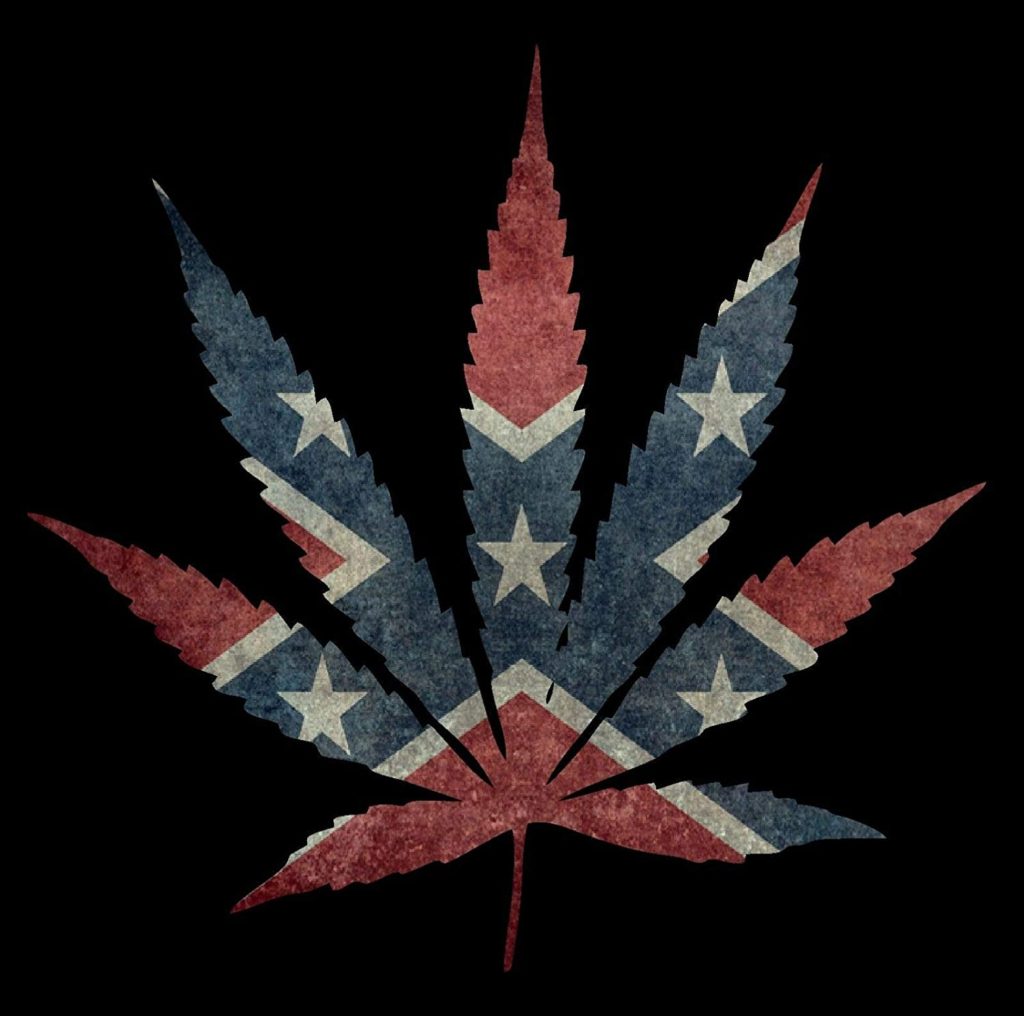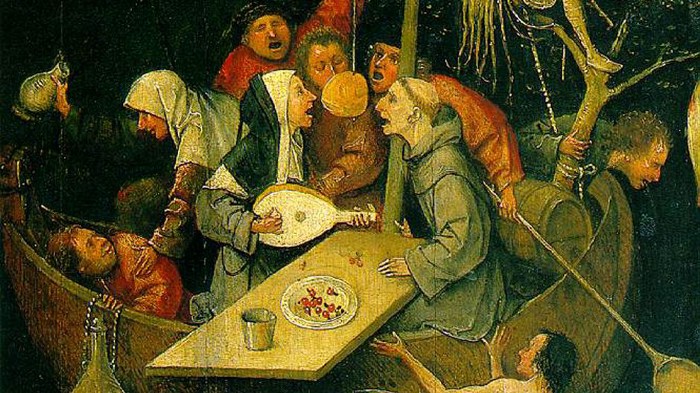
Things are so bad today that they’ve been likened to a Clown World, a twisted circus where everything is a sick joke. They’re getting worse by the month. How bad can things ultimately become? If we look at the trends that have led us to where we are now, we can extrapolate them out to make an educated guess at where we’re going.
Anyone reading this book from the beginning will be aware of Plato’s theory of political decay. The contention of this book is that political decay has advanced to critical status. The last time an aristocracy ruled was in the 1890s and early 1900s, a time of immense cultural advancement. Timocracy gave us the World Wars, then oligarchy gave us the postwar economic boom, then finally democracy gave us the nihilistic permissiveness of today.
The future of Clown World is further decay and suffering, until such a point where philosopher-kings institute a new aristocracy. The only question is whether we have a tyranny and an Age of Terror first, or whether the philosopher-kings beat the tyrants to the punch.
Some degree of further decay and suffering is, unfortunately, baked in to the system. Clown World is so utterly decadent that it can only be compared to an alcoholic who is dying of liver disease, but who continues to drink a bottle of bourbon a day. The average Clown World denizen doesn’t give a shit any more. He will stand up for nothing.
In the same way that the extreme permissiveness of the Weimar Republic led to a widespread disgust that fueled the rise of tyranny, the extreme permissiveness of Clown World has also led to widespread disgust. The sight of 10-year old drag queens has made many people yearn for a tyrant to clean up the mess. The danger today is, being 75 years since World War II ended, we’ve forgotten how bad tyranny can be.
At time of writing, there are a great number of people who would be willing to support a tyranny if they believed that this tyranny would deal to their enemies. The alt left would love to put wrongthinkers in gulags and the alt right would love to put degenerates in concentration camps. Neither are worried about any such tyranny turning on them. The stage is set for something historically terrible to happen.
It’s apparent that things are getting worse all over the West and that the ruling class is either unwilling or unable to change course (or both). From this we can predict that suffering will continue to increase, and that tensions will keep rising. Eventually the suffering will get to the point where it’s no longer possible to be complacent about it. That’s when people become desperate, and start taking desperate measures.
The way to avoid widespread chaos and misery is for a brotherhood of philosopher-kings to stand up and provide a new direction for the world.
For this to be possible, the philosopher-kings will have to have some way of recognising each other as such.
One such mark of recognition may be the denial that the brain generates consciousness. If there’s any single belief that characterises the midwit, it’s the belief that the brain generates consciousness and that the death of the physical body means the extinguishing of that consciousness. Anyone who can persuasively argue against this belief might be the kind of philosopher-king who will bring an end to Clown World.
When a critical mass of philosopher-kings form, they will start to change the nature of the lesser men around them. The first measure of a new aristocracy will be a rectification of names. People who are bright but not brilliant – those whose IQs are between one and two standard deviations above the mean – will sense the beneficent presence of this new aristocracy, and will follow their direction.
Choosing to follow the direction of the philosopher-kings, these men and women of silver will be the administrators of the new order. With correct administration, the masses will have faith in their rulers, and so the new world will avoid most of the suffering that exists in Clown World.
Post-Clown World, new philosophies will arise, and new twists will be placed on old philosophies. A new spiritual order will drive out the empty materialism and dead superstitions of the previous age. This will pave the way for a new intellectual order to follow, one based around an honest search for truth instead of the weaponisation of information to serve political ends.
Following this will be a true Golden Age, an age of joy and merriment. With our spirits and minds in correct working order, our emotions, bodies and behaviours will naturally follow. This will realign our actions with the divine will, leading to a minimum of suffering.
Before we get to the point of an aristocratic revolution, however, chances are that there will be bloodshed. If either the alt left or the alt right get their way – and both are much more numerous than the alt centre – a great number of people will face persecution. Many young people today would be happy to see the present system overturned. The more they endure, the less they care how this might be achieved.
Right know, we are at the ‘It was at this moment he knew: he fucked up‘ stage. We’ve just come off the skateboard, and we’re floundering in midair, about to faceplant into the asphalt. We know it’s going to be bad, we just don’t know how bad, or for how long we’ll be suffering.
The future of Clown World will involve a great fall, and then a great rise. It will be immensely challenging, but, if we can pull through, equally rewarding.
*
This article is an excerpt from Clown World Chronicles, a book about the insanity of life in the post-Industrial West. This is being compiled by Vince McLeod for an expected release in January 2021.
*
If you enjoyed reading this essay, you can get a compilation of the Best VJMP Essays and Articles of 2019 from Amazon for Kindle or Amazon for CreateSpace (for international readers), or TradeMe (for Kiwis). A compilation of the Best VJMP Essays and Articles of 2018 and the Best VJMP Essays and Articles of 2017 are also available.
*
If you would like to support our work in other ways, please consider subscribing to our SubscribeStar fund. Even better, buy any one of our books!



